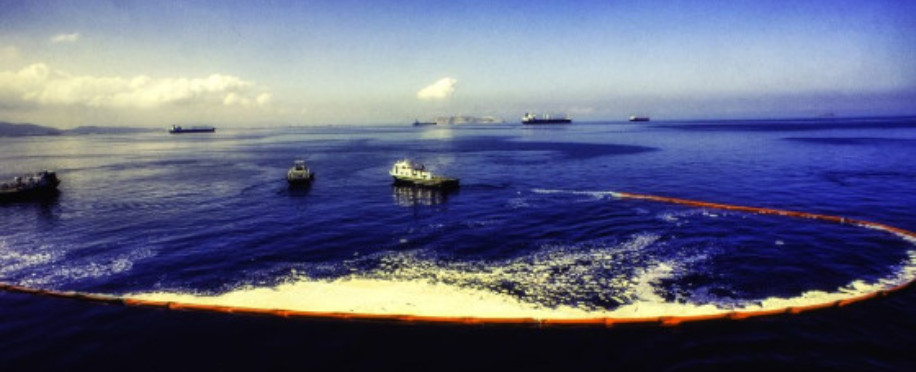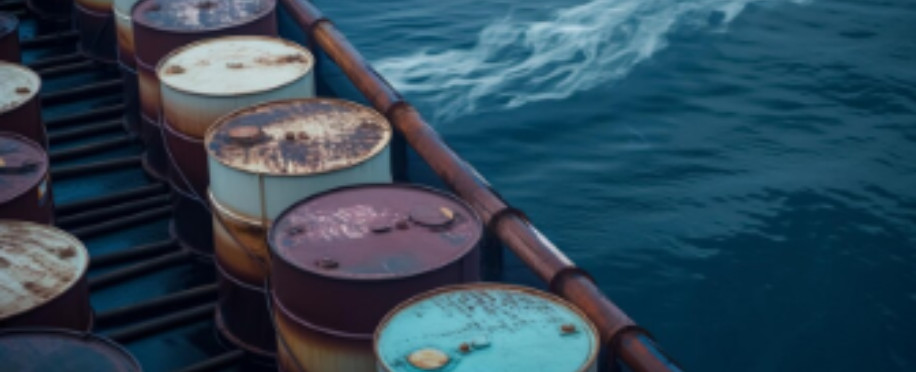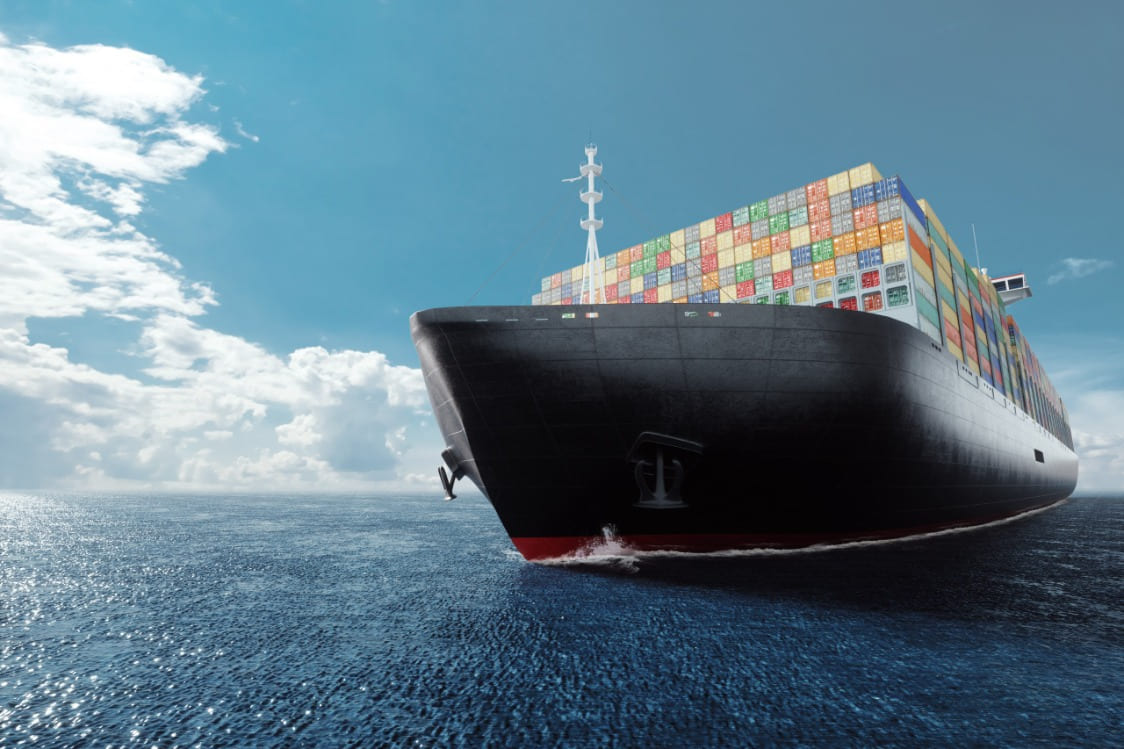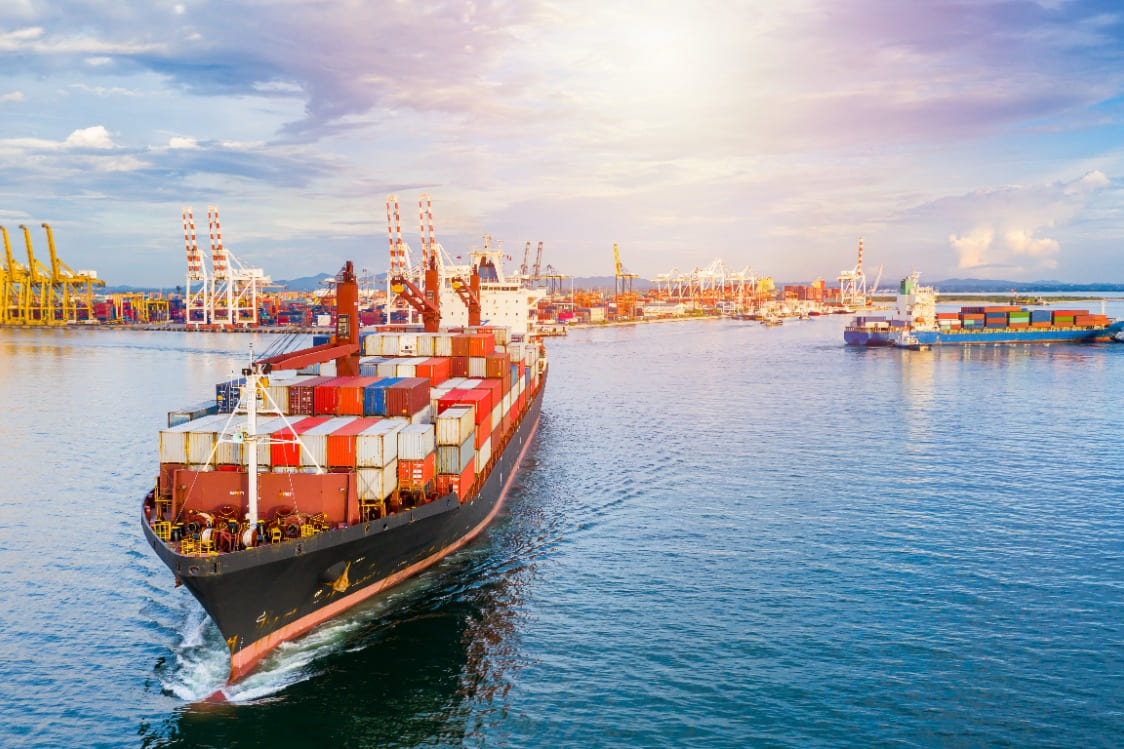What Is FPSO? A Deep Dive into Offshore Oil and Gas Operations

Posted on Dec 21, 2024 at 09:12 PM
With the growth of offshore oil production and processing, offloading FPSOs are becoming increasingly popular among oil and gas investing companies and services to extract oil offshore.
So, the FPSO unit plays a vital role in the production, development, and storage of oil in the modern world, till moving it to a tanker to be delivered to onshore facilities, moreover, the global oil and gas market is relying more on the FPSO vessel to get all the amazing benefits and empower the economy.
In this article, we will introduce you to all the floating FPSO vessel concepts, used FPSO technologies, the work system, and the differences between FPSO and FSO.
What Is Floating Production Storage and Offloading (FPSO) in the Maritime?
FPSO is a Floating Production Storage and Offloading unit or vessel, that is designed based on cost-effectiveness, effective installation requirements, and ability to relocate standards, and is used in the offshore oil and gas energy market.
Additionally, the engineering of floating production storage and offloading (FPSO) works as an offshore platform for processing hydrocarbons extracted from the subsea, then the FPSO design includes storage of produced oil or gas till being transformed into tanker vessels or pipelines.
The great thing about offshore FPSOs is their efficiency in the deepwater, high seas, and remote offshore operations where traditional platforms are impractical to construct, repair, and locate.
Advanced FSBO Technologies:
Whether we are talking about cutting-edge technology in oil spill detection and monitoring or any other advanced technology, the Floating Production Storage and Offloading vessels (FPSOs) are planned and designed with many advanced technologies, including:
Cyber Security Strategies:
FPSOs, as with all other vessels, should implement advanced offshore cybersecurity measures to protect their critical systems from cyber threats and attacks to protect the FPSOs' data and operation safety.
Usually, the cybersecurity systems of offshore FPSOs include encryption, firewalls, and inspection sensors to effectively monitor, support, and prevent unauthorised access to the FPSO vessel systems.
Remote Technologies:
Remote technologies play a big role in the FPSO market as they typically enable real-time monitoring, operate automation, and control of FPSO operations and conversions from onshore locations which leads to increased FPSO security and workers safety, and reduces the need for personnel located offshore.
Furthermore, the floating production and oil storage remote technologies include remote diagnostics, bioremediation technology, equipment monitoring and management to enhance offshore safety and efficiency.
Digital Solutions:
Digital solutions on the floating production storage and offloading vessels (FPSOs) commonly involve the use of IoT sensors, AI, and machine learning to enhance production, optimise storage, predict future maintenance needs, and improve decision-making.
All of these FPSO solutions and technologies aim to enhance operational efficiency, improve performance, reduce downtime, and increase production safety.

How Does Floating Production Storage and Offloading (FPSO) System Work?
The floating production storage and offloading (FPSOs) process works based on three main innovative stages to produce, store, and offload oil without any problem:
Production:
The FPSO ship extracts crude materials from subsea by using risers and flexible pipes connected to wells on the seabed, then proceeds the raw hydrocarbons on board with leading operations to start separating oil, gas, and water.
Storage:
After processing the extracted crude materials from the subsea, then the converted oil will be stored in large storage tanks below the deck of the FPSO vessel.
However, the total stored quantities differ depending on the vessel size, and available storage space, which helps extend the efficient storage time without the need for immediate transportation.
Offloading:
The floating production storage and offloading (FPSO) platform can easily and efficiently pump the stored oil via transfer systems to tankers or pipelines to deliver the oil to refineries or distribution units and projects.
What Is the Difference Between FPSO and FSO?
To be clearer the floating production storage and offloading (FPSO) and floating storage and offloading (FSO) are very similar deployed vessels, but have some major differences in the production, supply processing, costs, and storage functions.
FSOs (Floating Storage and Offloading):
An FSO type is a floating vessel that does not have integrated production capabilities or applications but is mainly designed for storage and offloading purposes of clean oil or gas.
FPSOs (Floating Production Storage and Offloading):
An FPSO is a completed floating vessel that not only stores oil or gas but also explores and processes it directly from subsea wells, then separates oil, gas, and water and performs full expected production and processing operations by operators with extensive proven experience.
Finally,
Floating production storage and offloading (FPSO) vessels are becoming more common in the oil and gas industry due to their increasing exploration efficiency, reservoir flexibility, and deployment cost-effectiveness in fuel markets.
Thus, understanding the global FPSO market and FPSO operational techniques is important, and gaining reliable knowledge for everyone should be done through accredited Maritime Training Academy UK to develop your skills and competencies.




